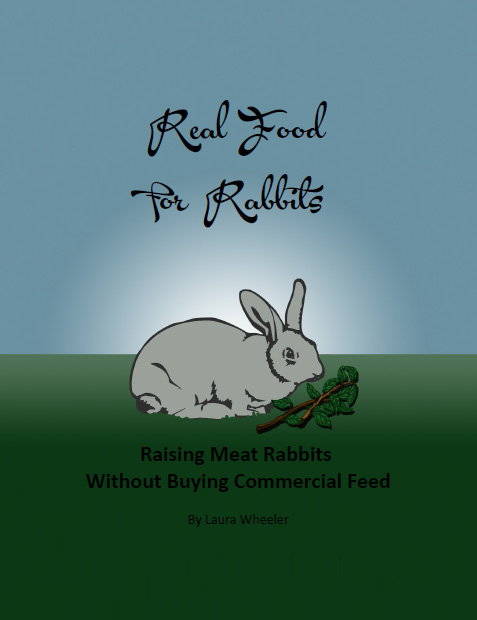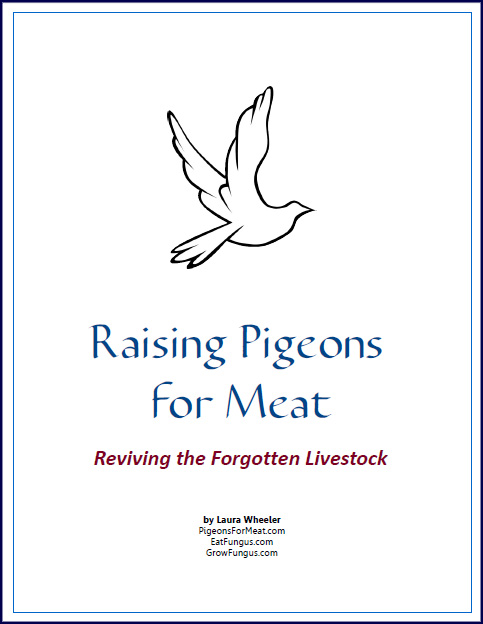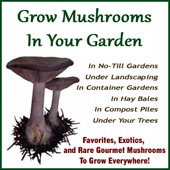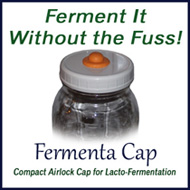Geese
Toulouse (Production)
There are two types of Toulouse geese. The Production Toulouse is a practical bird, does well on pasture, and is still able to mate, and will brood and raise their own young. It is an excellent farm or homestead goose, which is the traditional place of this goose on small farms, and it is also a good production goose for large flocks of meat birds. It is not endangered, but it is a very useful utility animal.
The Dewlap Toulouse is bigger, flabbier, and has a dewlap under its chin - it is so massive and ungainly looking that it is obvious from the appearance that this breed is in trouble, and why. It is frequently subject to breeding problems, and low fertility, due to excessive size of the keel, and excessive fluffiness of feathers around the vent which interferes with breeding. The Livestock Conservancy is concerned about the survival of this breed, but we are not (it violates their own standards for Heritage breeds worthy of conservation anyway). It is becoming more and more diverted to show animals, and going the way of the Broad Breasted Turkeys - a bird that cannot mate naturally, and is so prone to obesity that it has no natural instinct to preserve its own life, really isn't of much concern for preservation. This goose could not sustain its own life if not actively managed by humans, with intervention required for activities which a sustainable animal would not require.
The Production Toulouse is a large goose, and when allowed to forage and breed on pasture, is a very productive bird. It yields a nice meaty carcass, and is a moderate layer of eggs.
Since this goose is easily located for breeding stock, it is a very practical bird for the home farm, and the old gray goose on the farm may well have been a Toulouse or Toulouse cross. They are not a gentle goose, but can be friendly if treated properly and given space when breeding or raising young.
- Type - meat
- Size - Heavy
- Production Capacity - large carcass, and limited number of eggs
- Special Features - may be used for production of foie gras
- Best for Farms - great bird for home farms and homesteads, where a reliable production goose is needed
- Eggs, Milk, Meat Features - large white eggs, large roaster with healthy fat
- Other Products - some market for down or feathers
- Historic or Contemporary Significance - a traditional farmyard bird that is still great in that capacity, or in larger flocks
- Housing and Space Requirement - a large goose that does better in confinement than most geese, but still needs room to move around, and space outside to forage
- Regional Adaptations - well adapted to a range of conditions
- Feed Requirement - this goose needs plenty of fresh feed, and room to range and forage to maintain good health - they may also benefit from increased yellow veggies and the addition of either wheat germ or flax seed to their diet
- Other Considerations - Make sure you are getting animals that are bred to be sustainable. Most large hatcheries sell Production Toulouse, though the quality of the animals will need some refinement to give you the best performance from them. Avoid purchasing from show breeders, or those who warn about the difficulty of striking a balance between extreme standards and losing breeding capability, because breeders who breed to that extreme are already losing a high percentage of their stock to grotesque and unsustainable characteristics.
A NOTE ABOUT GEESE:
Geese are typically herbivores, and they require water where they can access it, both to wet their bills, and to keep themselves clean and neat. A kiddie pool is usually sufficient.
While geese are GENERALLY herbivores, some breeds do eat insects, and I knew an old man when I was a child, who kept geese to keep the slugs out of his grape vines. These traits vary breed to breed, and I do not know what breed he kept (my mother says they were probably Embden).
Geese lay fewer eggs than ducks do, being seasonal breeders and layers. Males may be aggressive. Even normally mild mannered males may turn aggressive during breeding season and while parenting young. They are not exhibiting unwanted behaviors - these are the instincts that allow them to survive, and you really do WANT them to show these behaviors because they are defensive, and also mean they will be more defensive with predators. Let the geese do what they do well, and stay out of their way when they have babies, and you and they will get along better.
Some geese will form pair bonds for life, but a single male may also mate with several females in a colony situation. Too many males, and things get kind of rough. But I am not sure that colony breeding is best either. When given sufficient space, geese are generally territorial, and that has a great benefit for the young, because when geese form pairbonds, the young benefit from the care of both parents. We tend to favor a single goose and gander in each run and housing setup - in combination with other types of poultry (in this way, we can control breeding bloodlines without having to have separate housing and runs for single pairs of birds). Geese can co-exist with ducks, chickens, and pigeons, but do not do well with Turkeys since both tend to be territorial and have similar defensiveness in breeding seasons. Whether in a colony, or stacked with other poultry, be sure to give them sufficient room to BE territorial over their nesting and breeding areas.
Geese breeds have not been corrupted for show purposes as much as some other birds, but neither have they been bred to maintain strong utility traits. Many are extremely good utility animals anyway, though productivity will be affected somewhat by bloodlines, and production run geese from a large hatchery are rarely sorted for quality. You'll have to over-order and sort for good breeders if you need to order geese that way, and send the surplus off to freezer camp.
Geese can be good watch animals, but not against canine predators or weasels. They need to be trained to come in at night to keep your goslings safe if you are breeding them.
To use them for weeder geese, you'll need to train them from the time they are young, to eat the weeds you want them to go after, and then they cannot be loosed in a garden where there are tender young greens, or they will gobble them instead of the weeds you want them to eat. Without training, they will go after grasses, and some other choice weeds, but not all the things you want.
When needing to improve fertility or health, wheat germ or flax seed may be added to their diet (whole wheat also works), and the addition of yellow veggies can be helpful. You can feed them on garden scraps also, but this is not a good idea if you want to use them for weeding in a garden. Personally, I'll give up having them weed the garden, in favor of making it easier to keep them fed with good and wholesome food.
Goose eggs are good to eat, but they are kind of rubbery when boiled. In baking, they are kind of like a more durable duck egg - they hold cakes and muffins up well, and make good meringues. My mother liked to pickle them - this monster boiled egg, pickled in the brine from a jar of pickled beets. One egg went around to several people - slices of bright fuschia egg with deep yellow yolk. Since pickling eggs makes them rubberier to begin with, you didn't notice the increased firmness in the goose egg as much when it was pickled.
Geese come in many sizes, and the largest are large indeed - comparing with turkeys. The smaller ones are not much bigger than a large chicken. Fighting geese, and geese that are excessively rare are not included in these listings.
A single goose and gander were traditional on old farms, and they produced a clutch of eggs every year from which that year's butchering geese were grown. This is still sufficient for most homesteads. Only those farms wishing to sell livestock, meat birds, or hatching eggs need worry about where to contain multiple breeding pairs.
 Click to Download Your Free Heritage Pickling and Culturing e-Book Now!
Click to Download Your Free Heritage Pickling and Culturing e-Book Now!
Instant Download, NO Registration Required!






